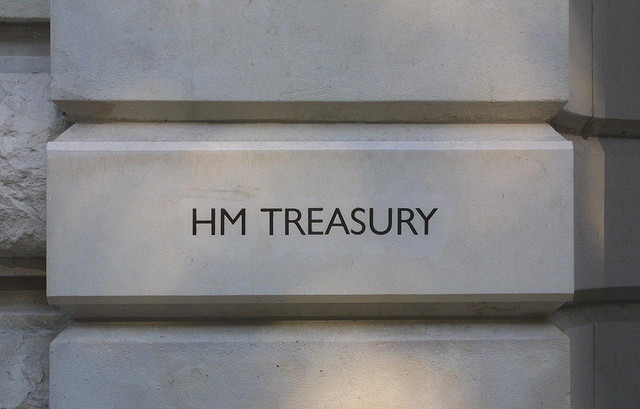Despite growing calls from the energy sector and beyond, the Treasury looks set to reject the removal of VAT on green products such as heat pumps and solar.
In a letter sent to the MCS Foundation, Treasury minister Jesse Norman argued that reducing VAT for green products would “impose significant additional pressure on the public finances” given the significant contribution they currently make.
VAT on domestic renewable products, heat pumps and some energy efficiency measures was controversially increased from 5% to 20% in 2019. Since there have been increasing calls for its removal, with many hoping this would form part of the Heat and Buildings Strategy, which is due to be published imminently.
With domestic heating contributing 14% of the UK’s greenhouse gas emissions, pressure is building for support for low carbon heating. In particular given the early closure of the Green Homes Grant, which had offered finance for technologies such as heat pumps and solar thermal, but which was shuttered after just six months.
“As we await the publication of the Heat and Buildings Strategy, it is extremely disappointing to hear that the Government is actively resisting a VAT reduction for green technologies,” said Ian Rippin, CEO of MCS.
“Experience tells us that Government incentives, financial support and cost reductions have a knock-on effect when it comes to the uptake of small-scale renewables.”
MCS gave the example of the Longdown Lodge project to highlight the current impact of VAT. This is a site owned by the Sustainability Centre and Earthworks Trust which recently installed solar panels, a ground source heat pump and a heat recovery system as well as energy efficiency measures. Completed in April, the value of the work was £1.2 million, including the VAT at 20% on everything.
As such, VAT added £200,000 to the green energy project, money which then could not be dedicated to the trust’s charitable work.
Within his letter to MCS, Norman highlights that VAT raised around £130 billion in 2019/20, helping to fund key spending priorities, including health, schools and defense. Any loss of this through the reduction of VAT would have to be balanced elsewhere in public spending.
Speaking to Current± today, a government spokesperson said the UK is leading the fight on climate change through its net zero commitment and the ten point plan.
“We are supporting lower income households to make the transition to net zero - as a result of government policy, energy bills are lower today than they were in 2010,” they continued.
“As we transition away from fossil fuel boilers to more efficient alternatives, which can lower energy costs overall, we will use targeted measures to incentivise the switch.”
Earlier this year, analysis by Green Alliance found that removing VAT on clean energy products like solar panels is supported by a majority of the public. This added pressure to the growing chorus of voices calling for its removal, such as utility Bulb which penned a letter signed by 30 industry organisations calling for VAT rates to be reduced for green technologies, including solar and energy storage in April.
Beyond domestic renewables, the electric vehicle sector recently called for clarity on VAT levels on electricity for public charging points, with HMRC advising InstaVolt that there will be no relief or exemption to the standard VAT rate of 20%.
“We strongly recommend that the Chancellor removes VAT on all domestic renewables, energy efficiency measures and eco-retrofitting,” finished Rippin. “By reducing this cost to consumers, we can encourage widespread uptake, and give the industry the boost it needs to get the UK to its net-zero target.”






